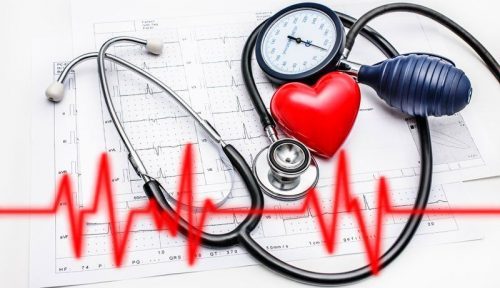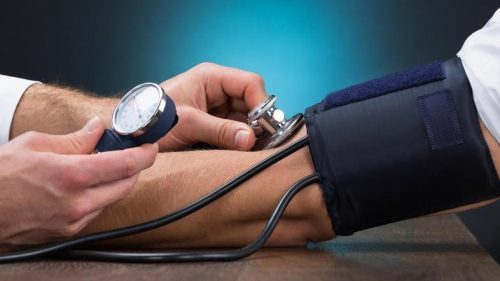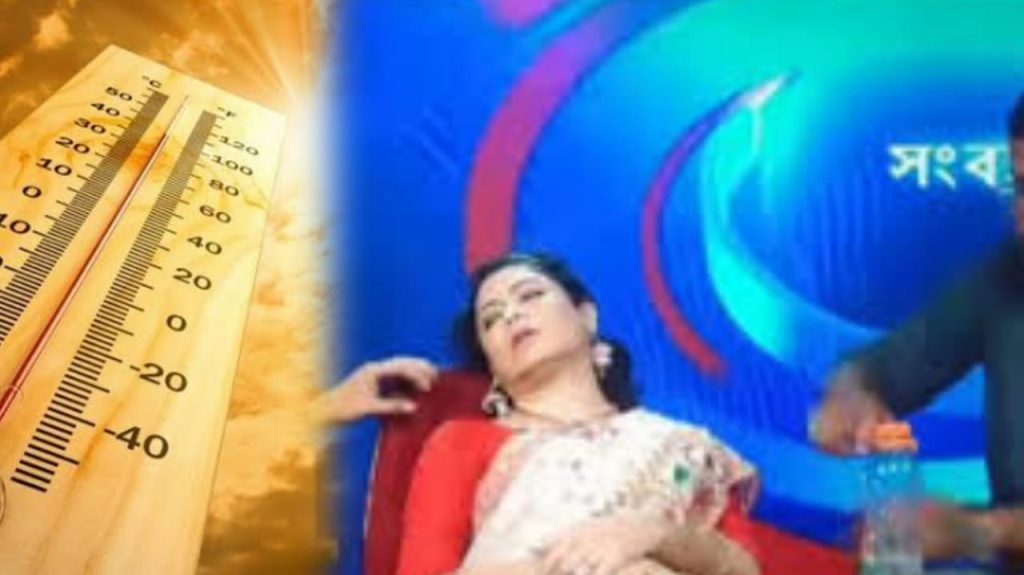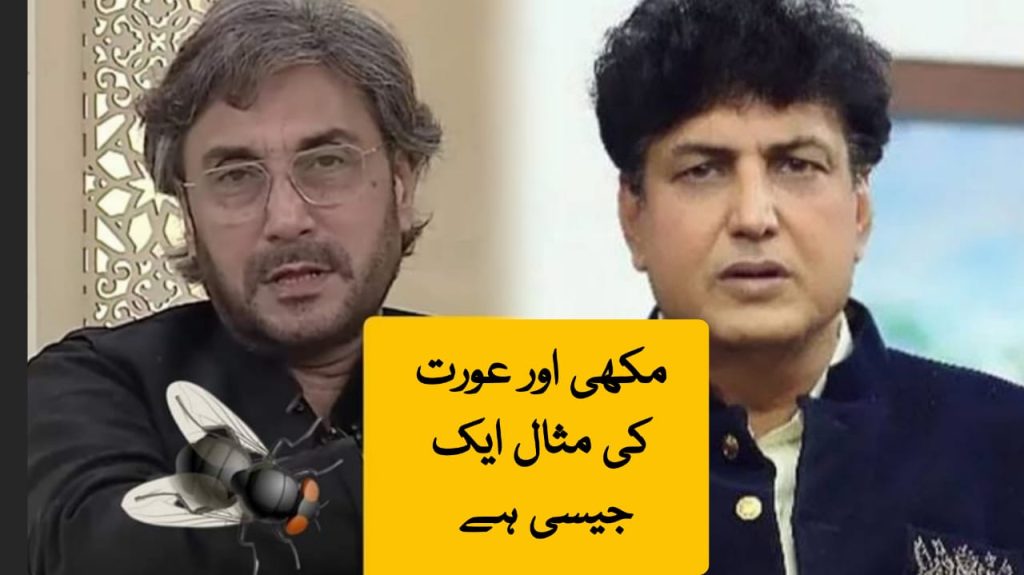Ramadan being the holiest month for the entire Muslim community carries special religious importance. The believers associate it with the provision of Divine blessings and graciousness in return for good and noble deeds. Abstinence from all eatables and drinkables goes hand in hand with forbearance to negative thoughts, vice intentions, and evil deeds. Staying under starvation and dehydration for extensive hours during Ramadan fasts may cast an adverse effect on an ailing person. People suffering from grave issues such as hypertension (high blood pressure) might come under a significant overload. Thus, a number of rumors and facts together shroud the conception of fasting hypertension. Here, we intend to unearth and clarify the misconceptions underlying hypertension issues related to Ramadan fasting.
Can I Fast If I Have High Blood Pressure?
A very pertinent question for a patient suffering from high blood pressure, needing to fast in Ramadan. Most medical studies have shown that patients with hypertension can complete their fast if they have no complications or other medical disorders. If you have high blood pressure and wish to fast, fasting would not have a negative impact on your blood pressure balance.
Related reading: Here Are The Best Ways To Keep The Spirit Of Ramadan Alive!

Source: Pinterest
Hypertension Is A Notorious Disease
The Stealth Of The “Silent Killer”
Hypertension is known as the silent killer since patients suffering from it may have no symptoms for years on. Although it is now a common and widespread disease, many people are unaware that they have this condition. It is only when they experience symptoms such as headaches or have had permanent impairment to the heart, kidneys or arteries that they realize.
Cardiologists have formed contradictory perspectives with regards to the feasibility of fasting with hypertension. You may wonder what impact fasting has on your health.
- Can it reduce your blood pressure?
- Is it healthy for your heart?
- Is it dangerous in certain situations?
Does Eating Less Strengthen Your Heart?
By every measure, eating less is better. Research shows that four of the major risks for heart disease are high blood pressure, cholesterol, diabetes, and obesity. Fasting can help lower blood pressure, lower cholesterol, check diabetes and reduce obesity. Thus, the heart muscle gains strength and vigor over time with controlled food intake.
Does Fasting Increase Your Blood Pressure?
The researchers have found that irregular meal pattern where meals such as breakfast or lunch are skipped, carries quite a few issues. This practice is generally linked to obesity, diabetes, high blood pressure, stroke risk, and other malnutrition effects. However, the role of fasting in elevating blood pressure is debatable. Until we stand certain, more research is needed for any definitive conclusions.
Close Monitoring Of High Blood Pressure In Ramadan: Breaking Away From The Myth!

Source: Al Arabiya English
When Fasting Is Of No Good
Prolonged fasting, such as in Ramadan, may lead to an electrolyte imbalance. This can make the heart unstable and prone to arrhythmias. Also, fasting is not really the best way to lose weight. While fasting helps you drop those extra pounds quickly, it doesn’t help you stay in shape through long-term weight loss. Since fasting is not safe for everyone, you should consult your physician before you begin.
Ways To Controlling Fasting Hypertension
Hypertensive, as well as hypotensive patients, can partake in obtaining the blessings of Ramadan fasts. Through careful and precisely controlled measures, the low and high blood pressure issues in Ramadan can be completely resolved. Here are some handy tips and recommendations to keep up with during Ramadan:
Bringing Hypertension Under Control: Looking Forward To A Healthy Ramadan!

Source: Marham
You should always consult your physician to assess your health. He is the one to determine whether or not you are permitted to fast. He might make necessary adjustments to your medication dosages and determine the best time to take them between Iftaar and Sehri, without affecting your fast.
- You should drink plenty of fluids and unsweetened natural juices at Iftaar to avoid thirst, dehydration and other associated complications.
- You should make fruits and vegetables an essential part of your Ramadan meals. These are an important source of potassium that helps control high blood pressure.
- It is advisable to avoid high-fat dishes and fluids.
- Keep away from stimulants such as coffee and soft drinks to reduce the intake of caffeine.
- Stay away from high-sodium foods such as salted nuts and pickles. These may lead to hypertension, so replace them with a fresh green salad.
- Have red meat and poultry in moderate quantities.
- Consume low-fat dairy products since calcium plays an important role in regulating blood pressure and improving bone health.
- Hypertension also reacts well to eating a diet rich in unprocessed grains and cereals, fat-free milk, yogurt, and cottage cheese.
- Monitor your blood pressure regularly.
- If you feel faint, or dizzy, or develop any symptoms that indicate that you are overdoing your fast, stop immediately and eat some solid food.
- Continue exercising lightly during Ramadan as it helps regulate blood pressure.
- Never combine fasting with strenuous exercise as you may develop severe hypoglycemia and/or hypotension.
- Patients suffering from specific medical problems should consult their physician before increasing their physical activity during Ramadan.
- Be aware of hypertension warning signs such as dizziness and headaches. If you experience any of these symptoms, you should seek emergency medical services right away.
- Patients with hypertension should consider Ramadan a golden opportunity to quit smoking. Smoking raises the systolic pressure by at least 20 mm Hg, and significantly increases the risk of heart attacks and strokes.
- Ramadan is a good time to gradually reduce weight. According to experts, weight loss even at just 5% of body weight helps normalize blood pressure in Ramadan.












